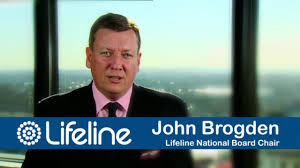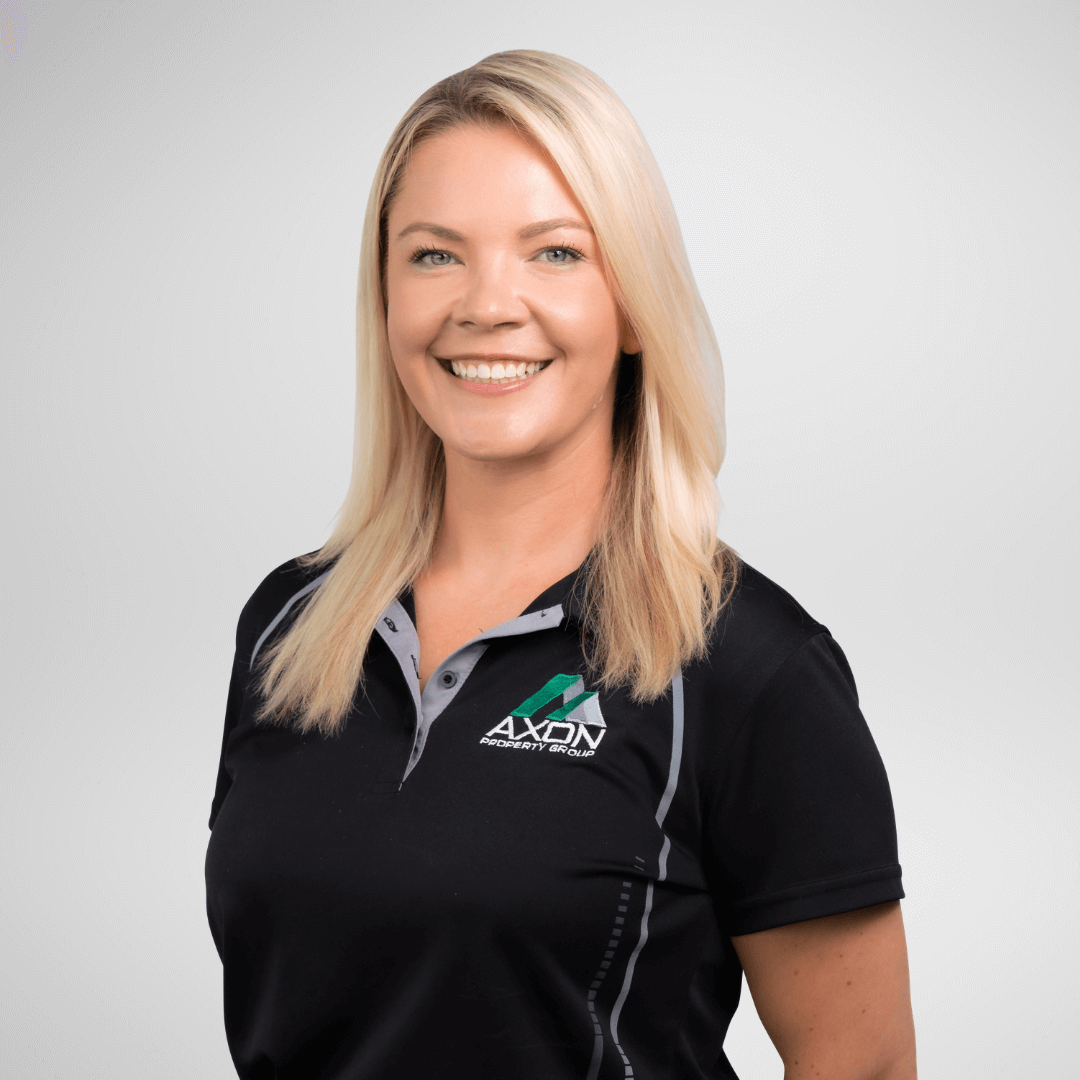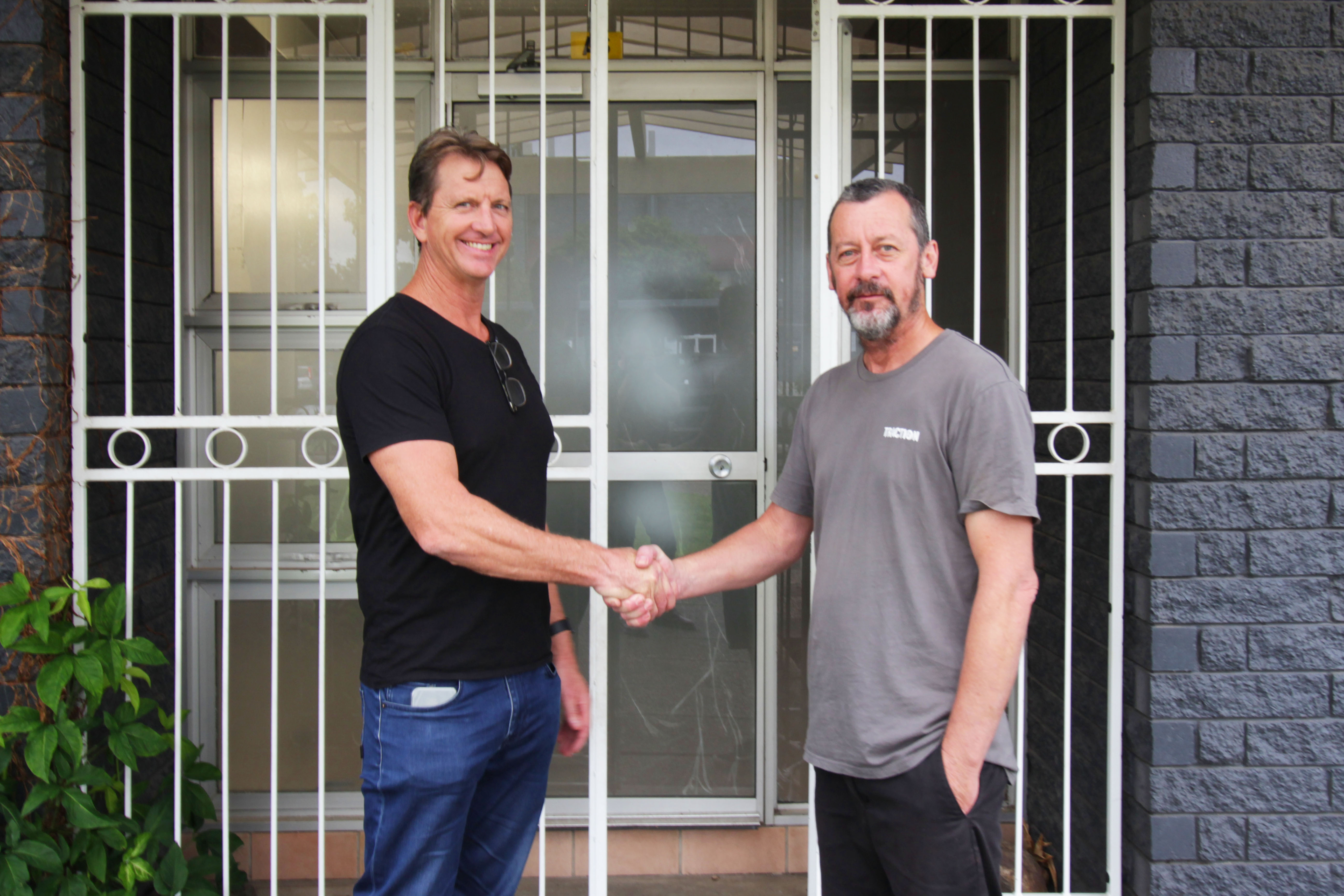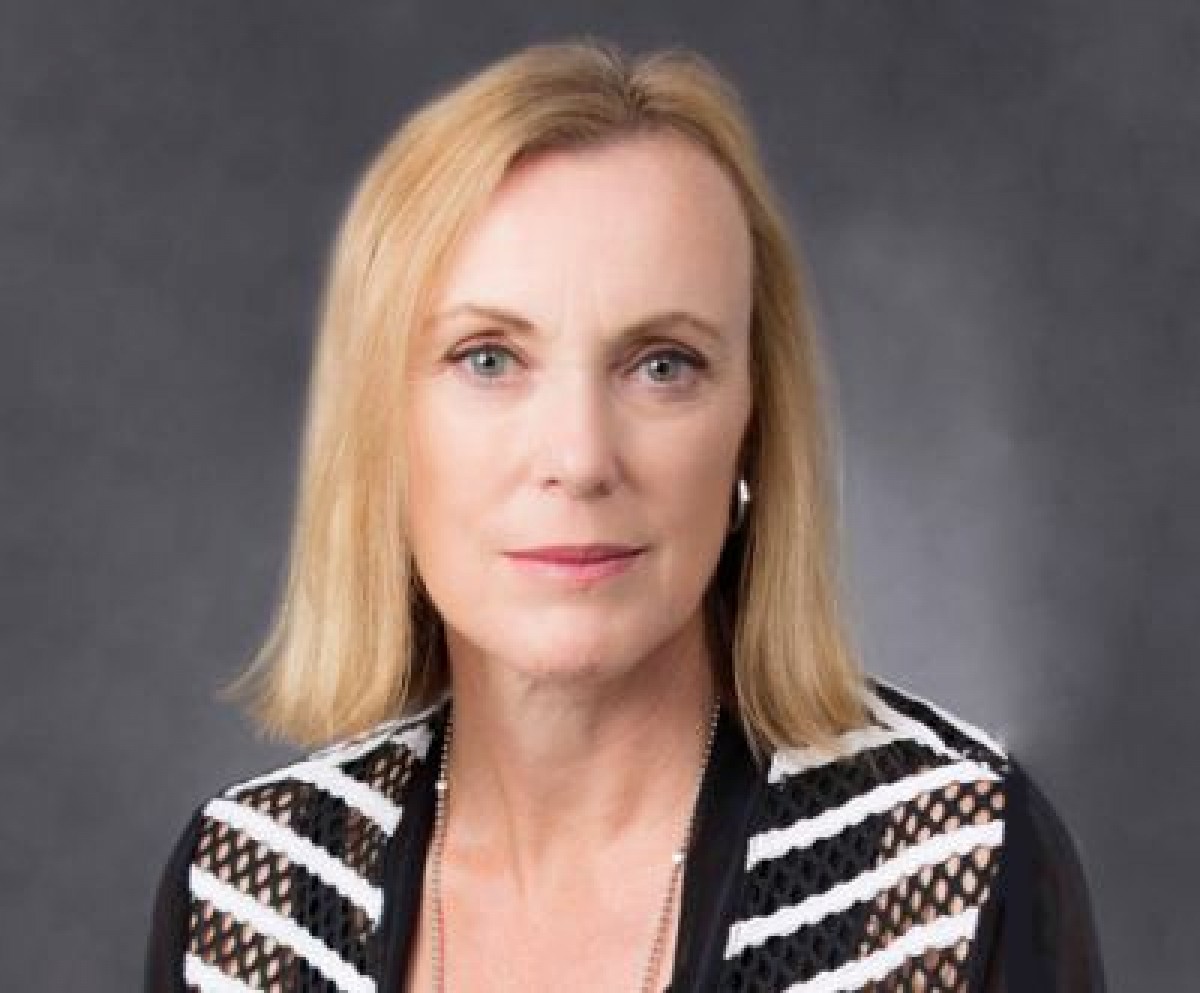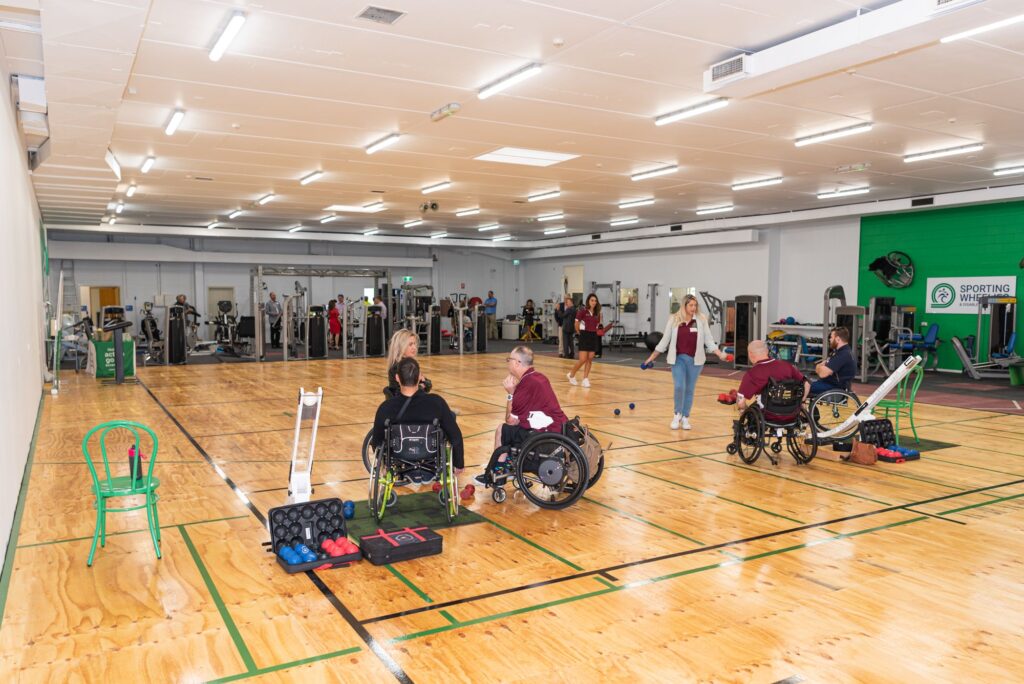THE Department of Innovation, Science, Energy and Resources (DISER) has awarded the IPA-Deakin SME Research Centre a $2.24 million grant for its 'Supporting Small Business Advisors for Better Mental Health' project to train 5000 accountants by 2022.
Professional accounting bodies, including the Institute of Public Accountants (IPA), Chartered Accountants Australia and New Zealand (CA ANZ) and CPA Australia, are taking up the gauntlet in unison to ensure their members are equipped to recognise and support their clients, employees and themselves in dealing with mental health issues.
Accountants, as trusted advisers, are on the frontline and are often the first to recognise such stressors amongst their clients, particularly SMEs. The Australian Federal Budget, handed down last month, announced the world’s largest investment in support of small business owners’ mental health.
This project builds on last year’s $1 million grant through the National Health and Medical Research Council which is developing the training material while the latest grant will enable the roll out of the mental health training to more than 5,000 accountants over the next two years across Australia. This grant was achieved in collaboration between the professional accounting bodies, Deakin University, Beyond Blue, Mental Health First Aid Australia and Worksafe Victoria.
The Federal Minister for Employment, Skills, Small and Family Business, Senator Michaelia Cash, said the Morrison Government had made mental health a priority during COVID-19. 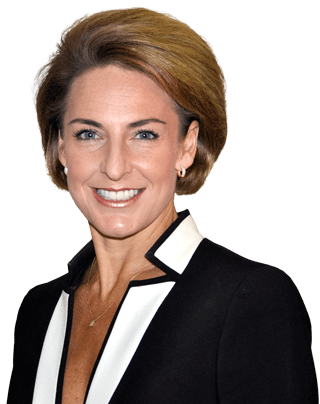
“The government is making record investments in mental health services and support with expenditure estimated to be $5.7 billion this year alone," Ms Cash said. "Small and family business are the lifeblood of our communities and the backbone of our economy, so it is crucial that they emerge from the pandemic in the best financial and emotional shape possible.
“We have committed $7 million to the BusinessBalance program, including $2.24 million in Deakin University and other stakeholders to train more than 4,000 accountants in mental health first aid to support their critical small business networks," she said.
“The government is proudly partnering with Deakin University and professional accounting bodies to deliver this vital training that will change lives.”
IFAC CEO Kevin Dancey said, "The International Federation of Accountants (IFAC) commends this collaborative effort to bring attention and significant funding to the issue of mental health. This is meaningful not only for members of the profession and SMEs, but for society more broadly. Australia is leading on this important work and setting a strong example for others to follow.”
Deakin vice-chancellor, professor Iain Martin welcomed the grant and said it recognised the numerous and significant mental health challenges that both business owners and accountants are currently facing because of the global pandemic.
“With a recent departmental study showing nearly one in three small-medium enterprise (SME) owners had identified a diagnosis in the last 12 months of either experiencing stress, depression or anxiety, now more than ever we must pay close attention to our mental wellbeing," Prof. Martin said.
“This crucial Federal Government grant will help fund the rollout of a sector-wide continuous professional development program for accountants and will be delivered by Australia’s three accounting professional bodies.
“The program will upskill accountants to provide mental health first aid to their small-medium enterprise clients. The project also provides an important avenue for the early identification, management, or prevention of various mental health conditions.
“I congratulate the many stakeholders involved in securing the funding required to undertake such an important body of research,” Prof. Martin said.
A 2020 study commissioned by the Department of Industry, Science, Energy and Resources reported that nearly one in three SME owners had identified that they had a diagnosis in the past 12 months of experiencing stress, depression, or anxiety. The main factor contributing to SME owners' stress is related to financial issues and the impact of those stresses on family and personal life.
“Our combined research grant funding of over $3.24m through the Centre and insights gained through our members and the small business community highlight the significant challenges that SME owners are currently facing due to the COVID-19 pandemic,” IPA chief executive officer Andrew Conway said.
“We have been long term advocates in recognising the vital role accountants play in supporting their client’s mental health.
"By upskilling accountants, we believe there will be tremendous positive outcomes in supporting SME owners and ensuring they get the professional help as required. They are not there to play the role of professional health clinician, but they can be better equipped to point their SME client in that direction when required,” Mr Conway said.
“CPA Australia CEO Andrew Hunter said, “This project comes at a critical time for the accounting profession. Throughout the coronavirus pandemic, accountants have played a frontline role in helping individuals and businesses manage the economic fallout, and this has put them under enormous pressure. Mental health is a whole of industry issue and, more so than ever before, needs a collective approach which supports all our members. 
Chartered Accountants ANZ CEO Ainslie van Onselen said, “By training accountants to provide mental health support to their tens of thousands of small and medium business clients, we will have a larger societal impact.
“Mental health is a whole of society issue and as one of Australia’s most trusted professions accountants have a unique and vital role to play on the front line. Every day accountants see the huge impost that has taken place on their clients and this project will make a huge difference quickly.”
Through this IPA, CA ANZ and CPA Australia project, more than 5,000 accountants will receive training in providing mental health first aid and be ready to assist clients across Australia.
www.publicaccountants.org.au
www.charteredaccountnatsanz.com
www.cpaaustralia.com.au
ends
